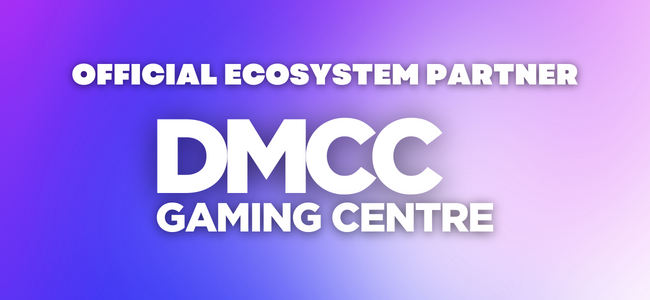From the dingy arcades of the late '70s to the flash and glamour of today's global competitions, the world of esports has taken a thrilling journey that parallels the evolution of video games themselves. Through seismic shifts in technology, culture, and business, esports has transcended its humble beginnings to become a global phenomenon.
The Humble Beginnings
Our journey starts in 1972 at Stanford University with the first known video game competition. The game of choice was Spacewar, a simple but addictive two-player game. Students were invited to an "Intergalactic spacewar olympics" with the grand prize being a year's subscription to Rolling Stone magazine. Little did these pioneers know they were sowing the seeds of a billion-dollar industry.
In the '80s and '90s, competitive gaming found a home in arcades, local LAN parties, and fan events. Games like Street Fighter II and Quake were cornerstones, creating passionate communities and fostering friendly competition. But, without mainstream attention or proper infrastructure, esports remained a niche hobby.
The Turn of the Century: The Internet Changes Everything
The advent of the internet and advances in technology accelerated the growth of esports exponentially. Games like Counter-Strike and StarCraft ushered in the era of online competitive gaming, while services like Xbox Live and the PlayStation Network democratized online play.
The early 2000s also saw the birth of Major League Gaming (MLG), a professional esports organization that helped bring structure, legitimacy, and corporate sponsorship to the scene. South Korea, with its tech-friendly culture and policies, became a hub for esports, turning games like StarCraft into a cultural phenomenon, complete with televised matches and celebrity players.
The Rise of MOBAs and Twitch
In the late 2000s and early 2010s, the popularity of Multiplayer Online Battle Arena (MOBA) games such as League of Legends and Dota 2 catapulted esports into unprecedented heights. These games offered deep strategy, thrilling teamwork, and exciting viewing experiences that drew in millions of players and viewers.
Around the same time, live streaming platform Twitch launched, providing an accessible platform for players to share their gameplay live. This gave birth to a new generation of esports stars and enabled fans from around the world to tune into major esports tournaments in real-time.
Esports Today: A Global Phenomenon
Today, esports is a multi-billion dollar industry with a global reach. Major tournaments like the League of Legends World Championship or the Fortnite World Cup fill arenas, attract viewership that rivals traditional sports, and offer million-dollar prize pools. Universities offer esports scholarships, while mainstream media and investors increasingly pay attention to the industry.
Esports athletes are now global celebrities with significant earning power and influence. Teams have become franchises, complete with training facilities, coaches, and merchandise. Furthermore, the rise of mobile gaming has opened the doors to an even larger audience, making esports truly universal.
The Future of Esports
As we look to the future, the growth of esports shows no signs of slowing down. Emerging technologies like Virtual Reality and Augmented Reality present exciting new possibilities for competitive gaming. As the industry matures, we may see further integration with traditional sports and mainstream culture, more robust player rights and career opportunities, and even potential inclusion in the Olympics.
The journey of esports is a testament to the power of passion, community, and innovation. From its humble beginnings to its status as a global force, esports has forever changed the landscape of competitive gaming. As we continue on this journey, one can only wonder – and be excited about – what the next level will bring.










